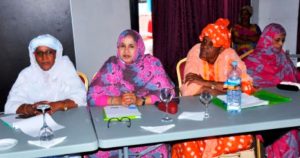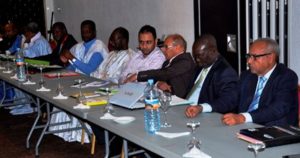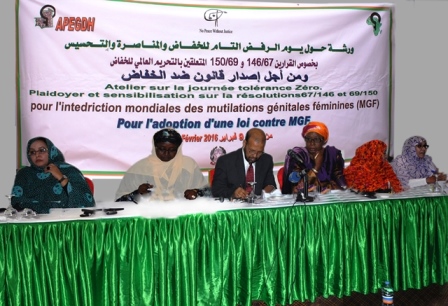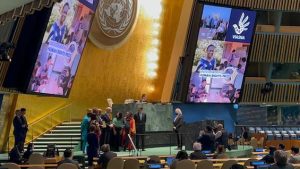
Despite the years of awareness campaigns and various national action plans implemented by the government to promote the elimination of FGM, prevalence in Mauritania remains high, with an estimated 72% of women and girls who have undergone the practice. As called for by the United Nations General Assembly Resolution 69/150, the adoption and the enforcement of explicit and effective legislation, backed by sanctions, banning all forms of FGM are fundamental and crucial factors to successfully combat this form of gender-based violence, protect its victims and end impunity. In addition to holding perpetrators to account, legislation protects and provides the legal tools for women and girls willing to defy the social pressures of tradition and reject FGM, and also establishes the legal environment that legitimizes and facilitates the advocacy and educational work of local anti-FGM activists and women’s rights groups.
In addition to aiming to consolidate the political commitment of Mauritanian authorities to implement UNGA resolution explicitly banning FGM as a violation of the human rights of women and girls, the workshop will provide an opportunity to discuss and promote measures aimed at enhancing cooperation and synergy of action among all institutions and civil society organisations focused on FGM, including work to prevent and condemn the rise of the medicalisation of FGM, as well as to identify challenges and perspectives for the adoption and effective enforcement of a specific law prohibiting this human rights violation.

Documentation:
Press coverage:
- Journée mondiale tolérance zéro contre les MGF. L’APEGDH organise des journées de formation, Horizons (Noaukchott), 11 février 2016
For more information, contact Alvilda Jablonko, Coordinator of the Gender and Human Rights Program, on ajablonko@npwj.org, phone: +32 494 533 915 or Nicola Giovannini, email: ngiovannini@npwj.org, phone: +32 2 548 39 15.




